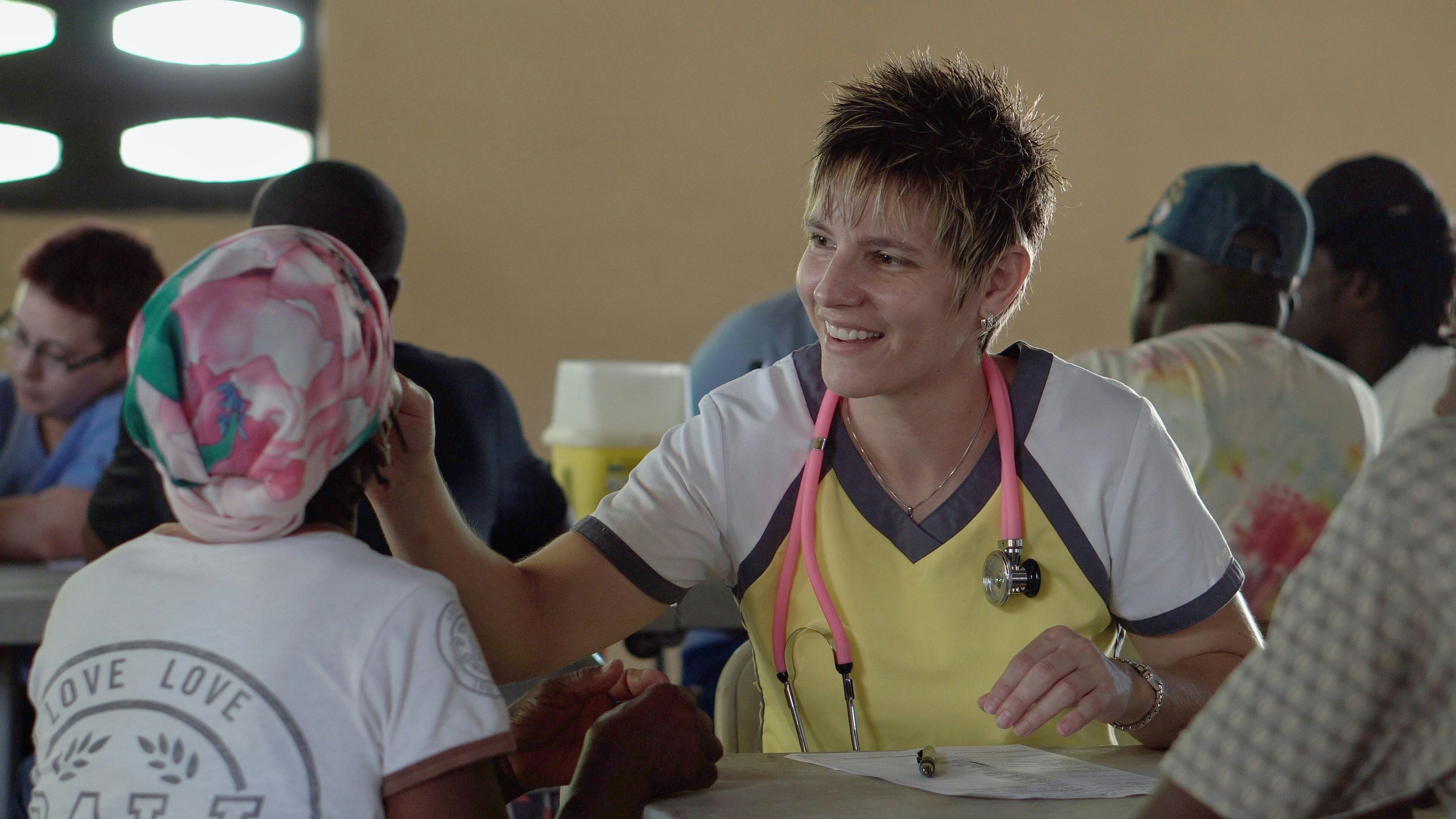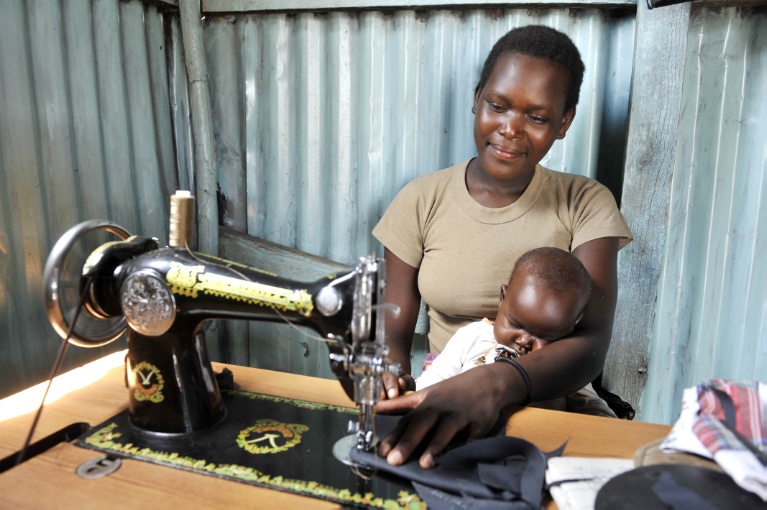UN Minimum Set of Gender Indicators
UN Minimum Set of Gender Indicators Read More »

Despite women breaking barriers in science, technology, engineering, and mathematics (STEM) occupations and some overcoming obstacles in leadership roles, the transformation of the gender landscape in the workplace remains somewhat limited. Explore the latest insights from the new ILO database Worker and Sector Profiles.
Where women work: female-dominated occupations and sectors Read More »

Despite some progress, gender wage gaps persist and are even widening in some occupations. Gender wage gaps are not primarily attributable to differences in educational attainment, and in general do not narrow but rather often increase with age.
Equal pay for work of equal value: where do we stand in 2023? Read More »

May marks both International Day of the Midwife and International Nurses Day – two groups of workers that play essential roles in any healthcare system. However, both professions – which are dominated by women – are characterised by long hours and low pay. So, what can be done to improve working conditions and help nurses and midwives deliver the best quality care to patients?
Nurses and midwives: overworked, underpaid, undervalued? Read More »

The Sustainable Development Goals (SDGs) are a set of 17 global goals to end poverty, protect the planet, and ensure prosperity for all. But with the COVID-19 pandemic upending the global labour market in recent years, progress towards achieving these goals has been disrupted. From rising unemployment and informal work to slowing productivity growth and persistent gender inequalities, the pandemic has highlighted the need for urgent action to build a more resilient and equitable world of work.

A new indicator developed by the ILO finds that women’s access to employment, working conditions and pay gap have barely improved in the past two decades.
New data shine light on gender gaps in the labour market Read More »

Generating high quality statistics relies on eliminating gender bias at all stages of the production process. This blog looks at how gender bias occurs in statistics and what the ILO is doing to support efforts to minimize it.
Breaking the bias for better gender data Read More »

The pandemic wreaked havoc on people’s lives and societies, but how far did it set the global community back in reaching the SDG targets related to decent work and economic growth?